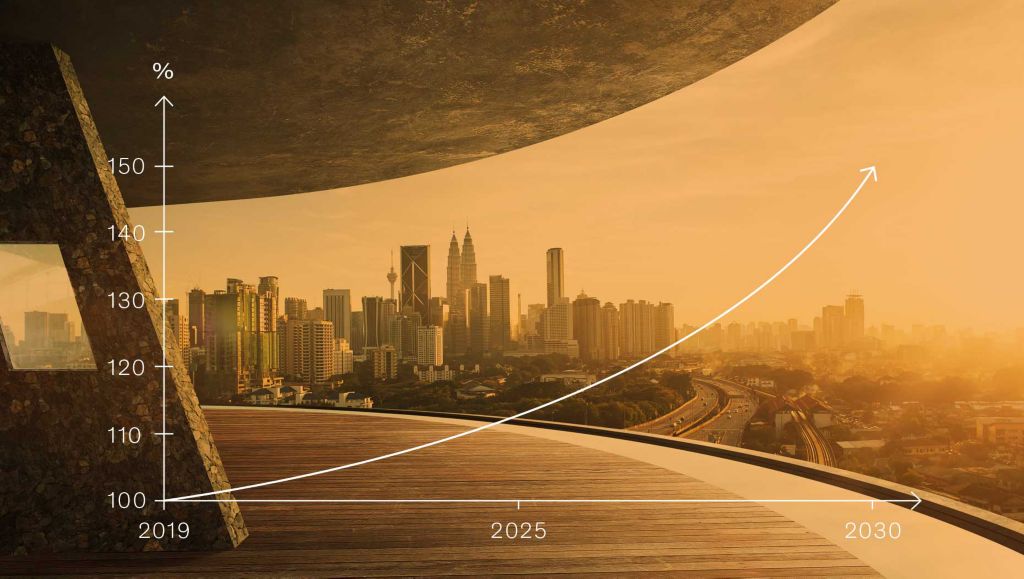Meeting the increasing demand for more efficient transport solutions


Transport demands will be twice as large in 2030 as they were in 2005. Today, truck transport represents the majority of the increase of transport globally. Combine this with tighter regulations on urban truck operations, the need for better transport infrastructure and recent technological advances and there is no doubt that the industry is entering a period of rapid transition.
“To address the challenges ahead, we must work alongside industry partners to drive development. We need to deliver innovative, safer solutions that not only increase driver productivity and uptime, but also help to alleviate congestion and improve the environment of our busy highways and city streets,” says Lars Mårtensson, Director Environment and Innovation, Volvo Trucks.
By driving projects with public authorities, the research fraternity and other companies, Volvo Trucks is working hard to demonstrate solutions for safer, more productive and sustainable transport in the years to come.
With this in mind, more energy-efficient vehicles, featuring both new drivelines and new fuels, will be delivered by Volvo Trucks. There will also be a focus on transport with heavier loads and longer rigs to lower emissions and transport costs and boost energy efficiency. Volvo Trucks is already collaborating in a number of innovation projects that demonstrate how heavy goods vehicles can improve efficiency.
New technology has and will play its part. Instant connectivity between vehicles and traffic information systems will help to control traffic flows and the rise in the use of electric vehicles will only continue.
Truck automation will also become a viable option in specific applications, for example, transportation in logistics centres. Volvo Trucks is working hard to find the right solutions for its customers in all these areas.
Road safety will also take precedence as cities impose tougher regulations to reduce fatalities and serious injuries in traffic. Improved handling, visibility and active support systems, as well as safety training for drivers, will remain a priority for Volvo Trucks.
“For the transport industry to achieve true efficiency, we believe everyone must contribute. Regulations must be harmonized, infrastructure must be adapted and all transport modes must be co-ordinated more effectively. By driving projects with public authorities, the research fraternity and other companies, Volvo Trucks is working hard to demonstrate solutions for safer, more productive and sustainable transport in the years to come,” says Lars Mårtensson.
SOCIETAL TRENDS AND DEMANDS
In order to ensure good traffic flow and reduce environmental impact, more and more cities will introduce stricter regulations for urban transport operations. Today, the transport sector is under pressure to reduce emissions and noise to help to create more attractive cities for people to live in.
TECHNOLOGY TRENDS
New technology is paving the way for more intelligent, energy-efficient vehicles and transport. Trucks are currently connected to navigation and fleet management systems, but they will soon be able continuously to connect to the world around them. This will enable them to become an active part of transport information systems. In the coming years, we will see more automated transport in relevant applications. Electric vehicle deployment will also accelerate and electric trucks will become a commercial reality.